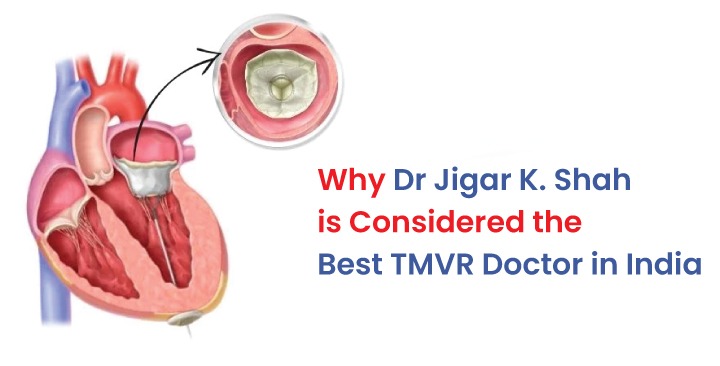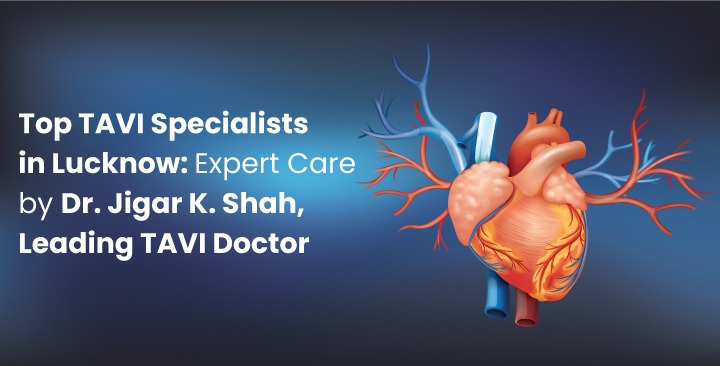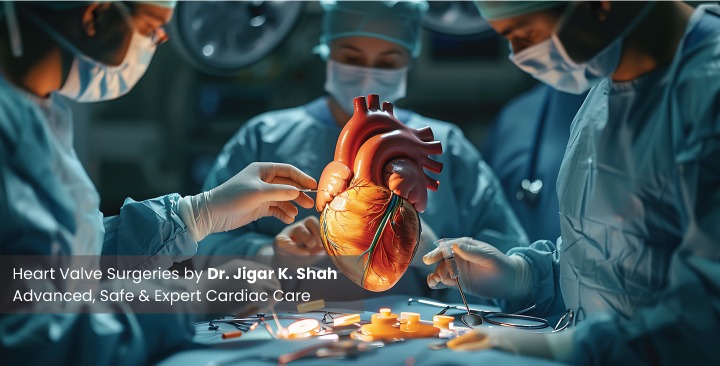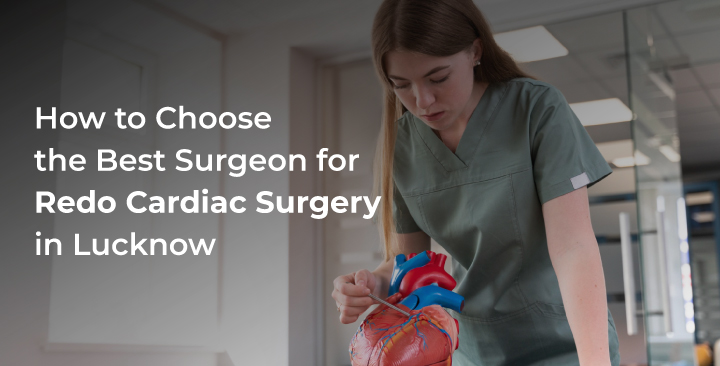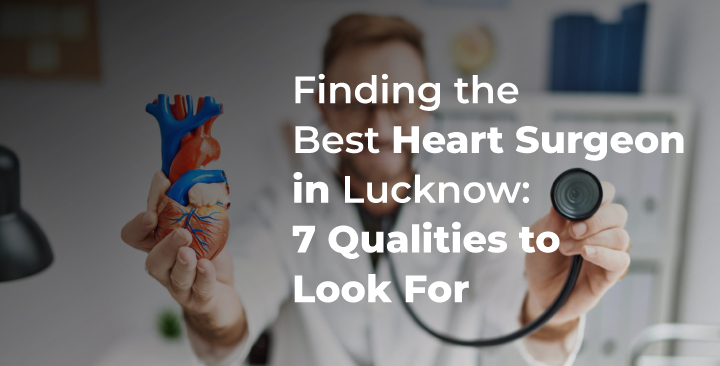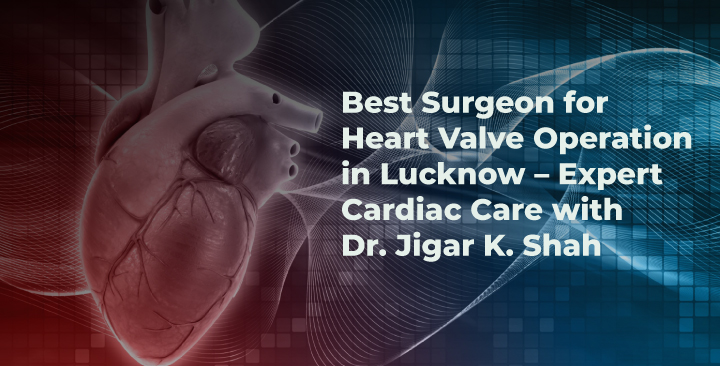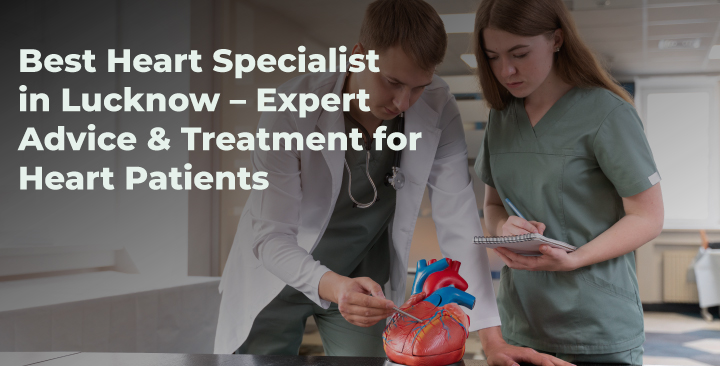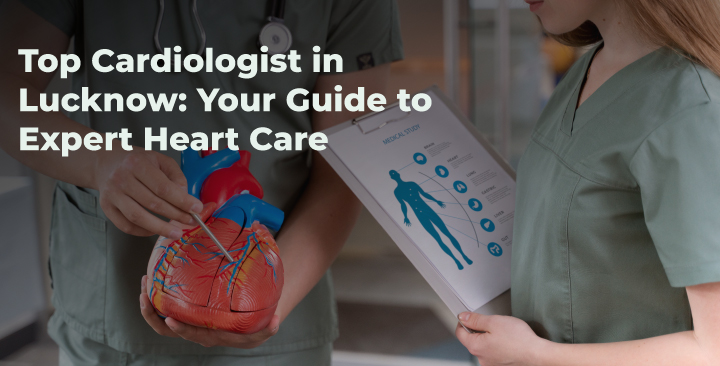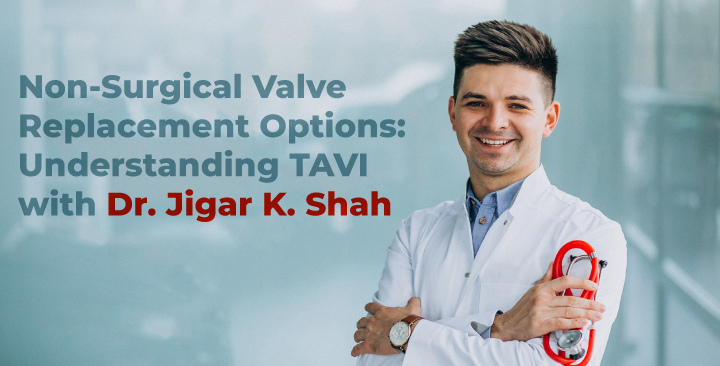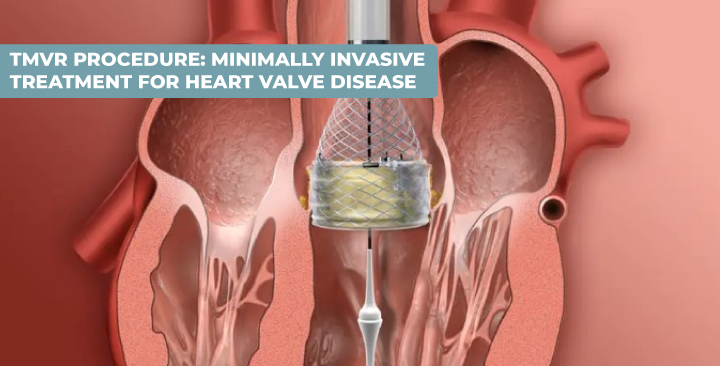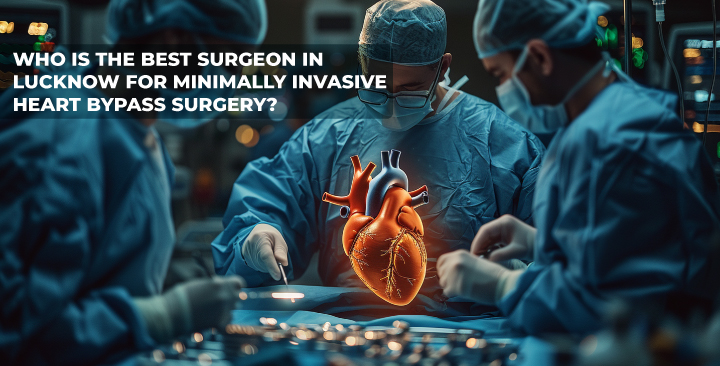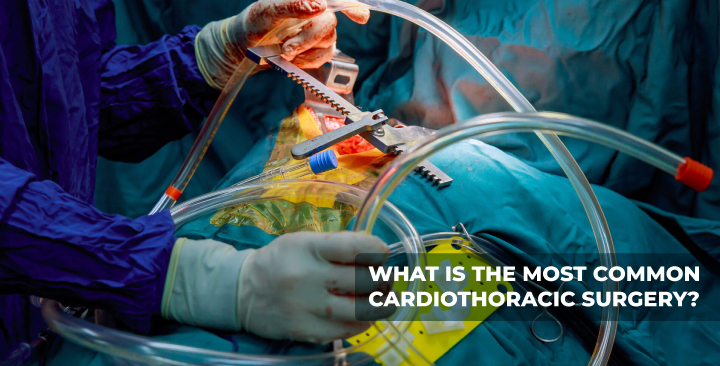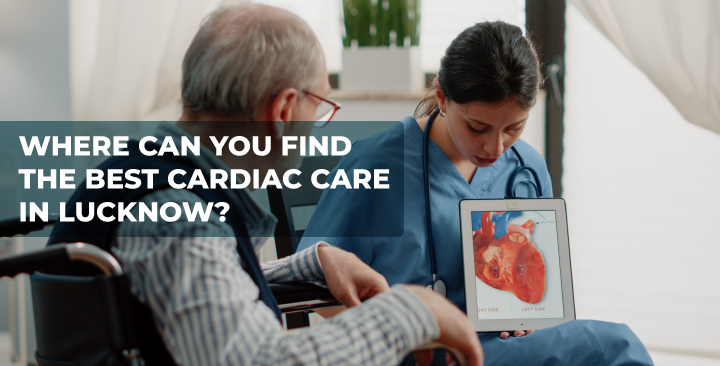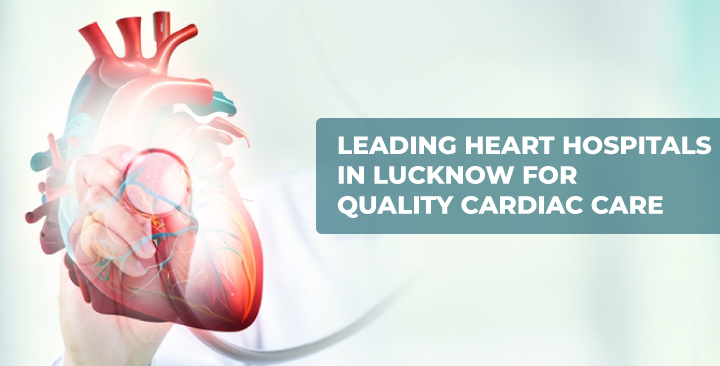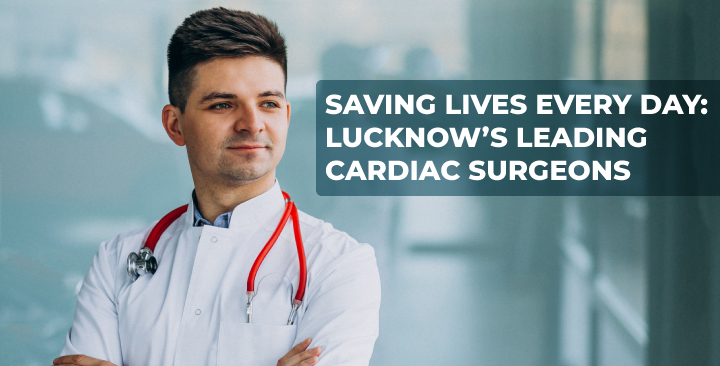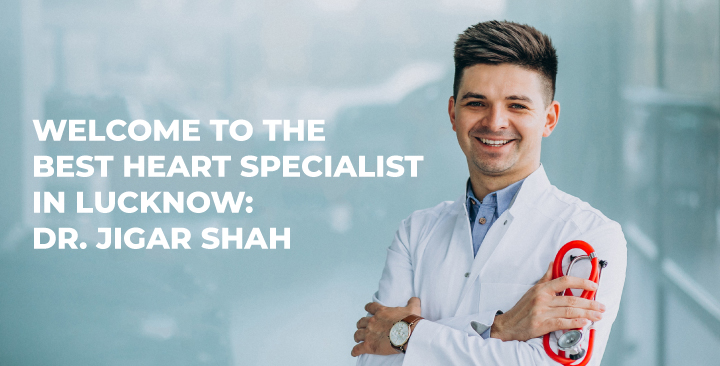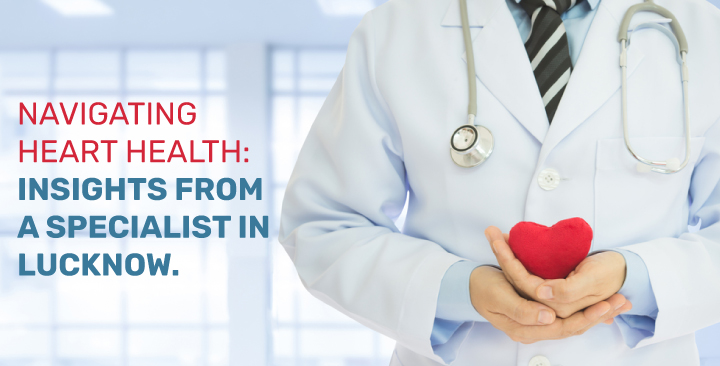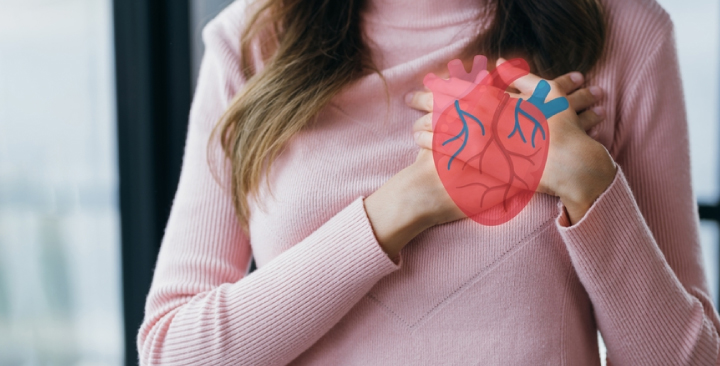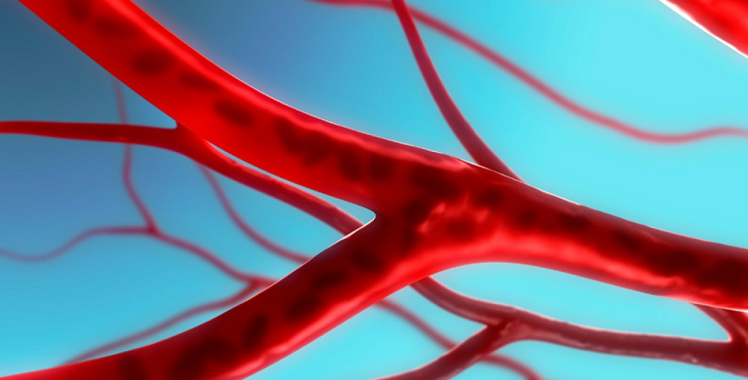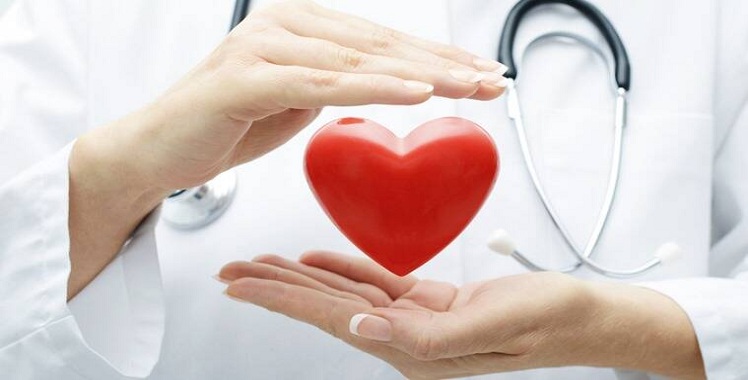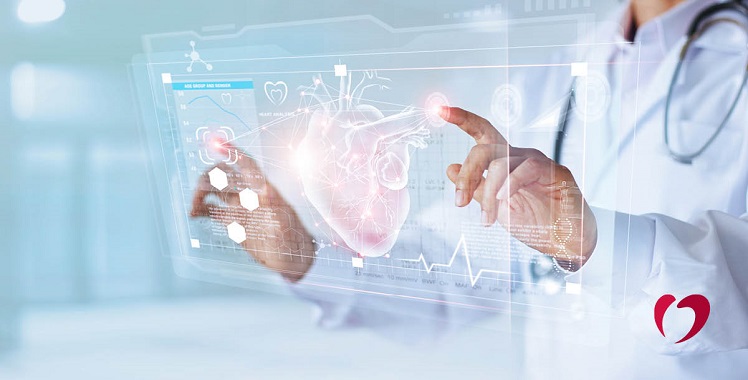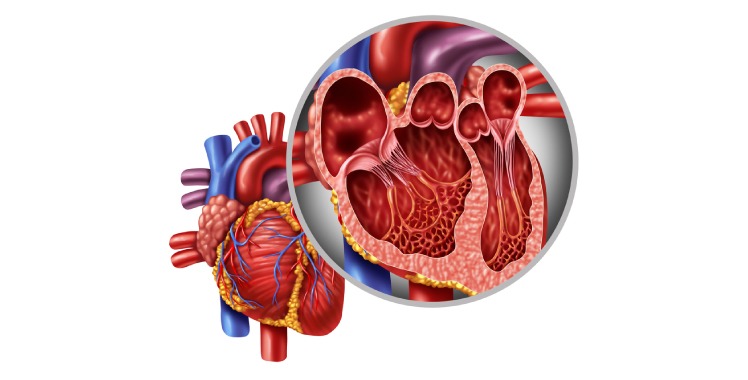
What To Watch Out for After Valve Replacement Surgery in India?
03-Nov-2022
Things To Anticipate After a Valve Replacement Surgery.
You will undoubtedly have many inquiries if your doctor determines that one of your heart valves requires repair or replacement. Here is what to anticipate both while you are recovering in the hospital and after you go home post a valve replacement surgery.
What should You anticipate following surgery?
1. Management of pain.
2. Rest.
3. Advice about when to take a shower.
4. Dietary recommendations
5. Return to activity directions.
6. Follow-up-care.
What will occur right after following valve replacement surgery?
You'll be brought to the intensive care area (ICU). Normally, while you're there, your family will be able to see you for a short while. When your surgeon determines that you no longer require intensive care, you will be transferred to a hospital room. Patients who undergo a minimally invasive technique often spend less time in the intensive care unit (ICU) following surgery.
What should you anticipate when you gain consciousness?
A sizable bandage will cover your incision, and a respirator will help you breathe. When you can breathe on your own, the breathing tube that is attached to the respirator will be taken out. Additionally, you will have an IV line, a urine catheter, and connections to numerous pieces of equipment that will monitor your health after a valve replacement surgery.
How much Pain Will You Feel?
There will always be pain associated with valve replacement surgery. Bear in mind that different people feel pain in various ways. Patients typically describe having mild to severe chest pain.
Your surgeon's method will also have an impact on how much pain you experience. Compared to minimal incision surgery, the standard open-chest method often causes more pain because of the length of the incision.
Following surgery, how will you feel?
The incision will likely leave you stiff and painful. When the chest tubes are taken out, you can also feel some pain, pressure, or a burning sensation in your chest. Walking, coughing, and standing up may also initially hurt. Additional minor incisions could cause pain in your neck or groin area as well. The muscles in your chest, shoulders, and back may get sore since you will be lying down both during surgery and in the intensive care unit. To remove fluid from your lungs, you will be required to cough and take deep breaths, both of which may feel uncomfortable at first.
The line that was inserted into your artery may have disrupted nerves, resulting in numbness in the hand, arm, leg, or chest. This numbness will pass, even though it can take several months for the feeling to come back.
When can you anticipate standing up again?
The majority of patients say they get a little stronger and feel better every day. Patients who have had MIVS typically regain their ability to walk earlier than patients who have undergone conventional open-heart surgery. The day after surgery, you will be urged to sit up and start walking.
How about food?
Your doctor will likely advise a liquid or light diet that limits your salt intake within 1 to 3 days following valve replacement surgery. You might be eating small meals the day following surgery because MIVS patients are advised to resume regular activities as soon as feasible.
How soon can you leave the hospital?
After surgery, patients can typically go back home 5 to 10 days later. Patients who have minimally invasive valve surgery often recover faster than those who undergo traditional open-heart surgery, frequently in 3–4 days.
When you go home, what should you be doing to care for your incision?
Keep the area around the incision clean. To clean the area around your incision, only use water and ordinary soap (not body wash or soap with fragrances). Use a washcloth or your hand. Till the skin has fully healed, you shouldn't rub the incision.
The incision should be kept dry after cleaning. Do not dress the incision with any ointments or dressings unless specifically ordered to do so.
When may you take a shower or a bath?
Since it will be crucial to keep your bandages dry, you will initially be restricted to sponge baths, but if you had a MIVS treatment, you will soon be permitted to take a shower. Your surgeon could allow you to take brief showers once your incision has healed as planned (often in just 3 to 4 days), but you shouldn't immediately take a bath or soak in the tub. Keep your back to the shower spray when taking a shower to preserve the incision. Utilizing water that is too hot could make you feel lightheaded.
What types of issues should you bring up with your surgeon?
If you notice:
1. A rise in discharge from the incision or oozing.
2. Increased redness or warmth surrounding the wound.
3. Increased opening along the incision line.
4. A temperature of 101 degrees Fahrenheit or higher (38 degrees Celsius).
5. Increased fatigue.
6. Respiration difficulty.
7. Abnormal pain or other symptoms that your medication does not treat.
If your blood sugar levels fluctuate more frequently than usual, you should consult a doctor if you have diabetes.
Will you be scarred?
There will probably be some scarring. You will have a noticeable scar in the centre of your upper chest following open-chest surgery (6-12 cm with open chest). Smaller scars (2–6 cm with the minimal incision approach) and less obvious scar placements are two benefits of minor incision procedures smaller incisions.
Will your doctor adjust the dosage of your medication?
Numerous drugs may likely be recommended by your doctor. You'll learn which of these new prescriptions you'll need to take for the rest of your life and which ones you'll only need to take while you're recovering from surgery. Take only the medications that your doctor prescribed when you were released from the hospital when you get home.
The medications you were taking before surgery should be discussed with the doctor, and you shouldn't continue taking them unless instructed to do so. Some OTC medications may interact negatively with your prescription drugs.
You should also see your doctor before taking vitamins, other dietary supplements, or cold or cough medications to prevent unwanted effects. You have a unique prescription for your meds. You might not be prescribed the same drugs as another person with a cardiac problem you know.
Is it secure to go in a car as a passenger?
Yes. If you've had MIVS, you'll probably be able to resume this activity sooner. To enhance the circulation in your legs and reduce swelling, you should stop every hour or two for a quick 5 to 10-minute stroll during the first few weeks following surgery.
When can you start working again?
When you can go back to work will be determined by your doctor. Most individuals who have minimal incision valve surgery recover in about 3 weeks; depending on the type of work they do; some patients recover more quickly. Patients who undergo standard open-heart surgery typically need lengthier recovery time, anything from 8 to 10 weeks. Move at your speed, cutting back on your workload as you gradually increase your hours.
How about the further activity?
Before you leave the hospital, your doctor will talk to you about how active you are. Patients who undergo MIVS typically resume their normal activities faster than those who undergo conventional open-heart surgery. You will get instructions to follow during the first several weeks following surgery or until your surgeon gives you the all-clear:
1. Gradually upping your activity level while going at your own pace is advised.
2. Spread out your daily activities rather than attempting to complete them all at once.
3. Go for a daily stroll.
4. Never remain still for longer than 15 minutes.
5. Anything weighing more than 10 pounds should not be lifted.
6. Never pull or push something heavy.
7. Plan your day's activities so that you don't have to climb too many stairs.
8. If you start to feel exhausted, take a break.
9. Avoid raising your arms over your shoulders for any longer than is necessary to grab for something or brush your hair.
10. Get adequate rest.
11. Pace yourself and ask any questions you may have about your surgeon.
Will you require cardiac rehab?
Your doctor could advise cardiac rehabilitation as a means to gradually introduce you to a regimen of monitored activity intended to enhance your heart health. You will gain more knowledge about your condition and lifestyle choices that can stop heart disease from getting worse. Services for cardiac rehabilitation are generally covered by insurance plans.
What kind of result might you anticipate?
The answer is based on a variety of variables, including the surgery you are having. What should you realistically anticipate? Ask your surgeon.
Who will provide after-surgery care in the future?
The treatment you require will be given by the cardiologist or doctor who recommended you for surgery. Six to eight weeks after surgery, make an appointment to see your doctor. The frequency of your follow-up visits will be specified by the physician.
The majority of patients require at least one annual visit with the cardiologist once they have fully recovered from heart valve surgery. Monitoring should be done for risk factors including smoking, high cholesterol, or blood pressure.
Conclusion
This procedure is designed to restore the function of the valve which has been replaced in the coronary artery. This procedure is often referred to as valve replacement surgery. It is done under general anesthesia and in a hospital setting.
Dr. Jigar K Shah is a Cardiac Surgeon in Lucknow. Dr. Jigar K Shah is known for providing the best cardiac surgeries and has years of experience in valve replacement surgery. He performs the surgery with a minimally invasive technique, reducing the risk of complications and improving patient outcomes.
Contact Dr Jigar K Shah for diagnosis and treatment of all cardiac related issues

